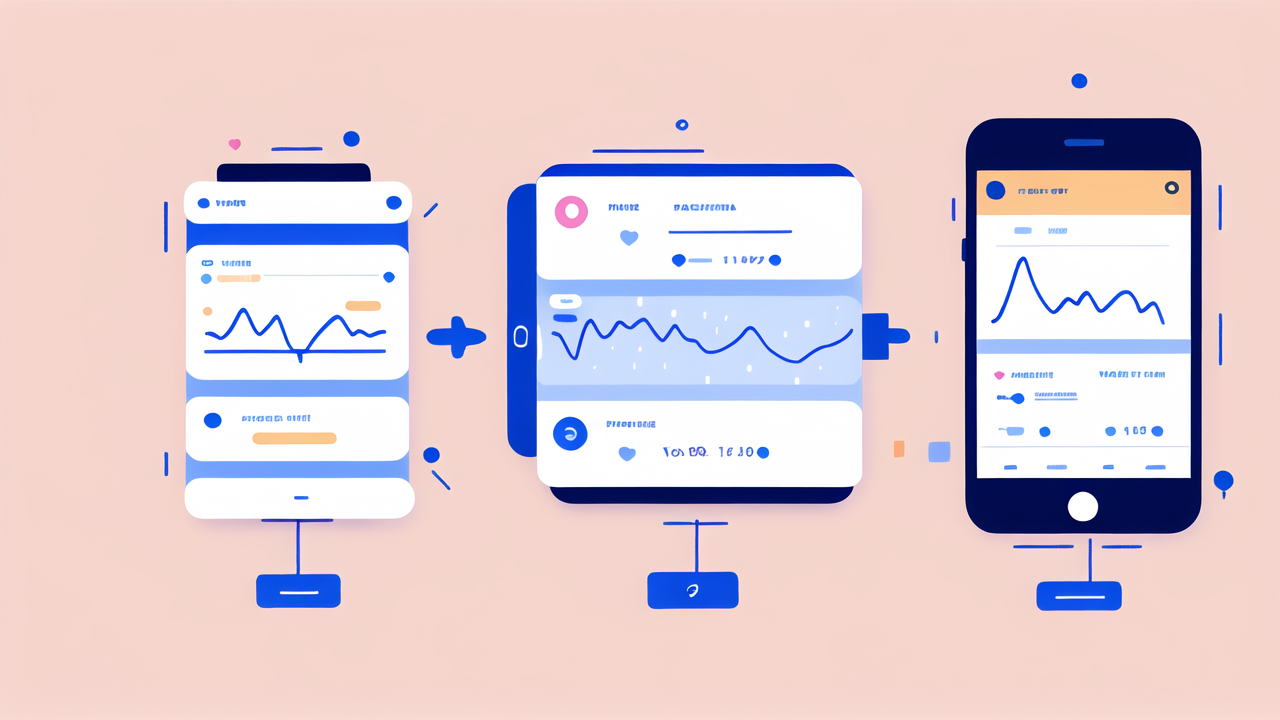The Rise of Smart Watches in the Health and Wellness Industry
Understanding the Smart Watch Market Growth
The smart watch market has seen rapid growth in recent years. Digital watches have evolved into powerful health tools. They now offer features beyond telling time. Sales of smart watches have surged globally. Fitness enthusiasts and health-conscious consumers drive this trend. Major tech companies have entered the market. They offer diverse options for different needs and budgets. The industry's growth shows no signs of slowing down. Smart watches are becoming essential in daily life for many people.

The Integration of Digital Watches with Health Apps
Smart watches now seamlessly connect with health apps. This integration allows for comprehensive health tracking. Users can monitor various health metrics in real-time. These include heart rate, sleep patterns, and activity levels. Many apps offer personalized health insights. They use data collected from smart watches. This synergy between hardware and software enhances user experience. It also provides more accurate and useful health information. The ease of use encourages people to be more engaged with their health.
Impact on Consumer Lifestyle and Habits
Smart watches have significantly influenced consumer behavior. They promote a more active and health-conscious lifestyle. Wearers are more aware of their daily activity levels. They are often motivated to increase their physical activity. Sleep tracking features help improve sleep habits. Stress management tools assist in maintaining mental well-being. These devices serve as constant health companions. They remind users to stay hydrated, take breaks, and exercise regularly. The impact on daily routines and long-term health habits is profound.
Innovations in Smart Watch Technology for Health Monitoring
Advancements in Sensor Technology
Sensor technology in smart watches has made huge leaps. Modern sensors can track a wide range of health metrics. These include heart rate variability, blood oxygen levels, and even ECG. Some watches can detect falls and irregular heart rhythms. The accuracy of these sensors is constantly improving. This allows for more reliable health monitoring. Miniaturization of sensors has made watches more comfortable to wear. It also extends battery life, enabling longer monitoring periods. These advancements make smart watches valuable tools for health management.

The Role of AI and Machine Learning
AI and machine learning play a crucial role in smart watch technology. These technologies analyze vast amounts of collected data. They can identify patterns and anomalies in health metrics. This leads to more personalized health insights and recommendations. AI algorithms can predict potential health issues. They alert users to seek medical attention when necessary. Machine learning improves the accuracy of activity recognition. It can differentiate between various types of exercises automatically. These smart features make watches more intuitive and valuable for users.
Interoperability with Existing Health Systems
Smart watches are increasingly compatible with healthcare systems. Many can now share data directly with electronic health records. This allows healthcare providers to access real-time patient data. It enables more informed decision-making and personalized care. Some hospitals use smart watch data for remote patient monitoring. This is especially useful for managing chronic conditions. The interoperability extends to fitness centers and wellness programs. It creates a more connected health ecosystem. This integration is transforming how healthcare is delivered and managed.
Ethical Considerations and Privacy Concerns in Wearable Tech
Navigating Consumer Privacy in Health Data
Privacy is a major concern in the era of wearable tech. Smart watches collect sensitive health data continuously. Users must trust companies to handle this information responsibly. Many are concerned about data breaches and unauthorized access. There's also the question of who owns the collected data. Companies must be transparent about data usage and sharing policies. Users should have control over their personal health information. Striking a balance between data utility and privacy protection is crucial. It's an ongoing challenge for both manufacturers and regulators.

Ensuring Accuracy and Security in Smart Watch Monitoring
The accuracy of health data from smart watches is critical. Inaccurate readings could lead to unnecessary worry or false security. Manufacturers must rigorously test and validate their sensors. They should also be clear about the limitations of their devices. Security is equally important in protecting health data. Robust encryption and secure data transmission are essential. Regular software updates help address vulnerabilities. Users should be educated on best practices for device security. This includes setting strong passwords and being cautious with app permissions.
Regulations Governing Wearable Tech in the United States
The regulatory landscape for wearable tech is evolving. In the US, the FDA oversees some smart watch features as medical devices. This applies to watches that claim to diagnose or treat conditions. Manufacturers must meet certain standards for these features. Data protection laws like HIPAA may apply in some cases. They govern how health information is handled and shared. There's ongoing debate about the need for specific wearable tech regulations. Balancing innovation with consumer protection is a key challenge. As the technology advances, regulations will likely continue to develop.




Leave a comment
This site is protected by hCaptcha and the hCaptcha Privacy Policy and Terms of Service apply.